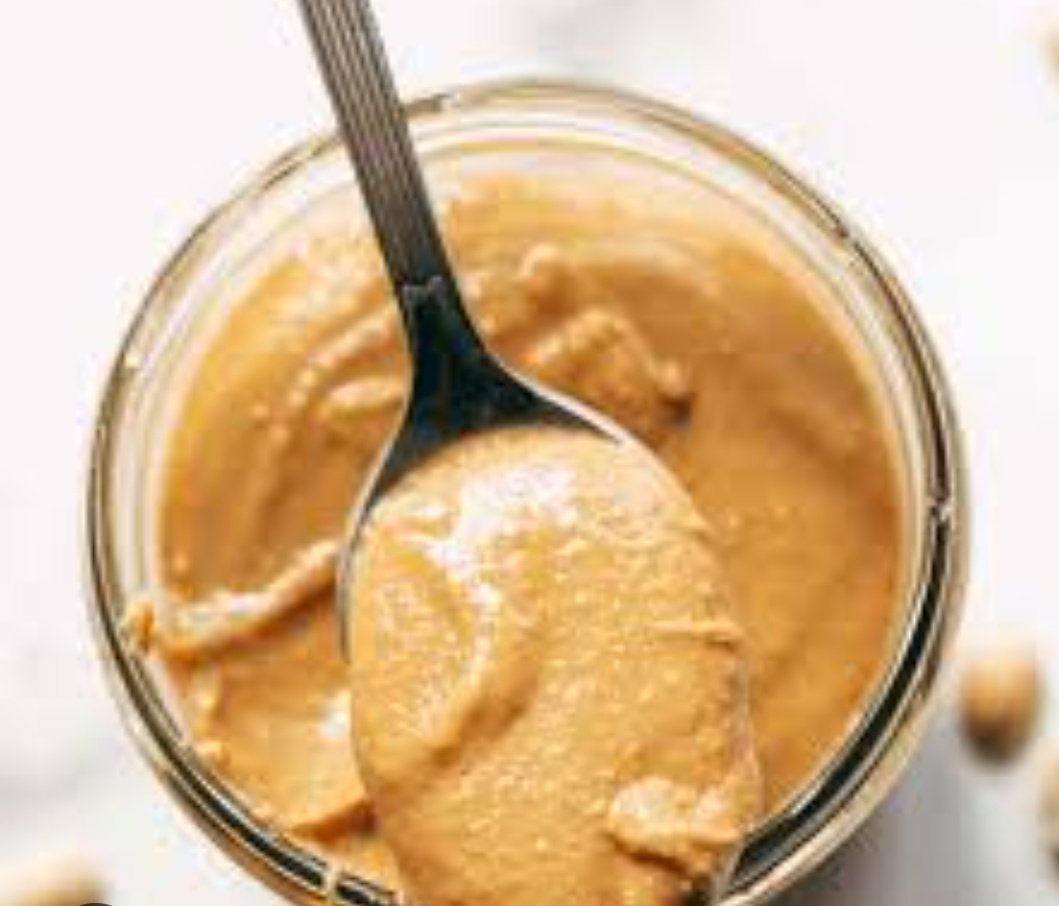Business
Rotten Nuts: How a Peanut Butter Scandal Shook South African Shelves

Thousands of jars recalled. A half-million rand fine. And one big lesson in food safety.
In South Africa, peanut butter isn’t just a cupboard staple, it’s a childhood memory, a school lunch hero, and a comfort food all rolled into one. So, when news broke last year that several brands of peanut butter had been contaminated with aflatoxins, toxic compounds linked to liver cancer, it sent shockwaves through homes and grocery aisles across the country.
Now, over a year later, the dust is starting to settle. The National Consumer Tribunal has confirmed a settlement agreement with House of Natural Butters, the manufacturer at the centre of the storm. The company, which produced peanut butter for multiple major retailers, has agreed to pay an administrative fine of R500,000. But behind that number is a troubling story of food safety failures, regulatory gaps, and a recall that tested consumer trust.
How Did We Get Here?
The saga began in February 2024, when Dischem and Pick n Pay issued urgent recall notices for peanut butter containing “elevated levels of aflatoxins.” These naturally occurring toxins are produced by fungi that grow on crops like peanuts under warm, humid conditions. While they might sound like something out of a science lab, aflatoxins are very real and very dangerous. Just a few micrograms over the legal threshold can pose a serious health risk, especially to children.
Following the alerts, the National Consumer Commission (NCC) launched a deep-dive investigation. They traced the contaminated products back to a single source: House of Natural Butters, trading under the brand Eden All Butters. But it wasn’t just one product or one retailer. The company had produced peanut butter for several private labels and suddenly, thousands of bottles were being pulled off shelves across the country.
Peanut Butter’s Dirty Secret: What the NCC Found
Digging deeper, investigators uncovered a worrying pattern. Between May and November 2023, House of Natural Butters had imported peanuts from Malawi and Zambia. That’s not unusual, what was unusual was how they were transported.
According to the Tribunal, the peanuts were brought into South Africa in trucks and trailers without the necessary food safety certificates. There was no confirmation that the transport conditions met hygiene standards. And subsequent lab tests confirmed the worst: the peanuts were decayed, impure, and riddled with aflatoxins.
The NCC found that the company had violated several laws, including South Africa’s Foodstuffs, Cosmetics and Disinfectants Act and key sections of the Consumer Protection Act (CPA). Not only did the products pose a direct threat to public health, but the processes behind them ignored critical regulations meant to prevent exactly this kind of contamination.
What Are Aflatoxins and Why Are They So Dangerous?
To the average South African, the word “aflatoxin” probably meant little, until last year. According to food safety expert Professor Lucia Anelich, aflatoxins are some of the most potent liver carcinogens known to science. Produced by fungi like Aspergillus flavus, they thrive in hot, humid climates and can contaminate crops during storage or even while still growing in the field.
“Dosage is key,” says Anelich. “It’s not just about the presence of aflatoxins, it’s about how much is there.” Unfortunately, the affected peanut butter batches contained concentrations well above what’s legally acceptable in South Africa.
What Happens After a Recall?
In legal terms, this incident led to what’s known as a consent order. Rather than going to court, the NCC and the supplier agreed on a fine and referred the agreement to the Tribunal, which confirmed it in February 2025.
For consumers, the case is a stark reminder that food safety is not just a distant regulatory issue , it’s deeply personal. It affects school lunchboxes, family breakfasts, and everyday lives.
Social Media Reaction: “We Deserve Better”
When the story broke last year, Twitter (now X) lit up with concern. Parents worried about what their kids had eaten. Others called for stronger penalties. One user wrote:
“R500k is nothing compared to the damage this could’ve caused. Food safety isn’t optional.”
Consumer advocacy groups have echoed those concerns, calling on retailers to conduct more rigorous supplier audits and pushing for better oversight of imported food products. Some even questioned why the company was allowed to continue trading after such a breach.
What’s Next for Food Safety in South Africa?
This case might be closed, but the conversation around food safety is far from over. Acting Consumer Commissioner Hardin Ratshisusu has made it clear:
“Suppliers of food must ensure strict compliance with food safety regulations and the CPA.”
With climate change expected to make aflatoxin contamination more common, due to warmer and more humid growing conditions the spotlight on storage, transport, and regulatory enforcement is only going to intensify.
This scandal wasn’t just about spoiled peanuts. It was about trust, trust in the brands we buy, the stores we shop at, and the systems that are meant to protect us. The R500,000 fine may have closed the chapter legally, but for many South Africans, the real story is about vigilance, accountability, and the need for a food system we can believe in.
Because when something as simple as peanut butter becomes a threat, we all have a right to ask: who’s watching the pantry?
{Source: The Citizen}
Follow Joburg ETC on Facebook, Twitter , TikTok and Instagram
For more News in Johannesburg, visit joburgetc.com



























